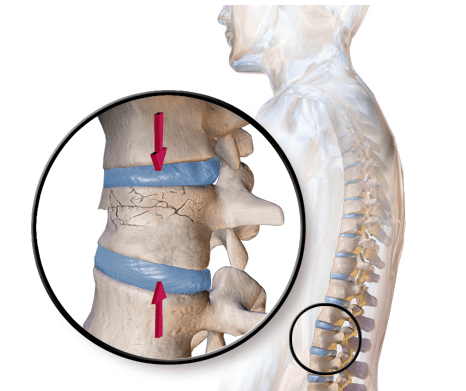
Under a procedure called kyphoplasty, fractured vertebrae are treated with bone cement that’s injected into the spine through small holes in the skin. These Vertebral compression fractures (VCFs) can often be the result of tumours, as the cancerous growths build pressure on the spine. When kyphoplasty is used to help cancer patients with this condition, the procedure can leave tumours behind that are difficult to treat.
In a paper published in the journal PLOS ONE, the UIC team describes how it added magnetic particles to surgical cement in an effort to assist with drug delivery. Once in place, magnetic nanoparticles bound with small amounts of chemotherapy drugs are administered to the patient and the cement acts as a guide for the nanoparticles to target the cancerous tissue.
"By modifying the kyphoplasty bone cement, we can both stabilise the spinal column and provide a targeted drug delivery system,” said co-lead author Steven Denyer, a third-year medical student at the UIC College of Medicine. “This is a very promising technology as it has the potential to become a surgical option for patients with primary spinal column tumours or tumours that metastasise to the spinal column."
Using a pig model to study the magnetically-guided drug delivery system, Denyer and the UIC team were able to steer magnetic nanoparticles to the magnetic cement in the animal's spinal vertebrae. In future studies to test the technique for treating spinal column tumours, the nanoparticles would be bound to tiny amounts of chemotherapy drugs.
"Our study provides an in vivo proof-of-concept that this novel drug delivery system can help treat underlying causes of spinal fractures in addition to providing structural support," said study co-lead Abhiraj Bhimani, a fourth-year medical student at the UIC College of Medicine.




Project to investigate hybrid approach to titanium manufacturing
What is this a hybrid of? Superplastic forming tends to be performed slowly as otherwise the behaviour is the hot creep that typifies hot...